University of Oxford
11a Mansfield Rd
OX1 3SZ
UK
UKRI GCRF Trade, Development and the Environment Hub
The UK Research and Innovation (UKRI) is pioneering an ambitious new approach to tackle some of the world’s most pressing challenges through a £200M investment across 12 global research Hubs.
Over the next five years the Interdisciplinary Research Hubs will work across 85 countries with governments, international agencies, partners and NGOs on the ground in developing countries and around the globe, to develop creative and sustainable solutions which help make the world, and the UK, safer, healthier and more prosperous.
Partners and research:
Tanzania: The effect of trade in wildlife on wild population
China, DRC, Gabon, ROC, UK: Assessing the COVID-19 pandemic’s influence on perceptions around wildlife consumption and wildlife management policies
UKRI GCRF Trade, Development and the Environment Hub
Thousands of species are threatened globally with extinction, there has been a swift decline in biodiversity and ecosystem resilience and people are being kept in poverty as trade in wildlife and agricultural commodities from low and middle-income countries has rapidly increased. This Hub includes economists, trade modellers, political scientists, ecologists, development scientists, large companies, UN bodies and NGOs who will work together across supply chains to influence trade related policy and practice. It will also produce research to help ensure that trade becomes a driver of positive change in the world, with biodiversity loss halted and people permanently lifted out of poverty.
Professor Milner Gulland: “Ensuring that international trade is positive for sustainable development rather than destructive for nature is one of the major challenges for humanity. That is why I’m excited to be part of this GCRF hub, which will bring together people from major trading countries and a range of sectors (including academia, business and government) to address this issue. I am particularly excited that Oxford will be hosting early career researchers from Africa and Indonesia to work collaboratively with our research team, bringing new perspectives and opportunities both to them and to Oxford.”
The Challenge
Sustainable trade in wild species and agricultural goods can lift people out of poverty and create economic growth, particularly in low and middle-income countries.
In many places however, this has not been realised. Instead the exploitation of wild resources and conversion of land to agricultural production has led to severe degradation and species loss, wiping out local livelihood options and keeping people in a cycle of poverty.
Due in part to unsustainable trade, the global community is at risk of falling short of international ambitions such as the Sustainable Development Goals and the Aichi Biodiversity Targets.
Explicitly addressing the challenges of trade and working together towards better practices that enhance sustainability will be essential to fulfil these ambitions.
The project will study how different systems of trade have affected biodiversity from a biophysical, social, political and economic point of view, and seek to trace the impact of the trade throughout supply chains – from supplier to consumer countries via trading companies. As well as feeding into public policy advice, this research will also help companies understand their products’ true environmental impact all the way back to the raw materials.
Supporting Documentation
Leaflet: Sustainable Trade for People and the Planet
WILDMEAT Interventions Database. The WILDMEAT Interventions Database provides a freely accessible, comprehensive database of past and current interventions aiming to manage unsustainable wild meat use. For more information see here
Outputs
Summary of the CPW ‘Virtual workshop on wildlife harvest, use and trade targets and indicators for the CBD Post-2020 Global Biodiversity Framework. 18-19 March 2020. Via Zoom
WILDMEAT Interventions Database: The WILDMEAT Interventions Database provides a freely accessible, comprehensive database of past and current interventions aiming to manage unsustainable wild meat use. /content/wildmeat-interventions-database. More information here
Our Researchers and Covid-19
The research carried out by programme members is varied and covers many different aspects of conservation, spanning multiple countries, approaches and involving many different disciplines.
We have various different programmes and researchers who are currently working on topics relevant to the Covid-19 pandemic.
Our researchers have been engaging with the media in various forums here are a few links to articles they have written or been quoted in:
- What are the origins of novel human infectious diseases like COVID-19? EJ Milner-Gulland, Lauren Coad, Yuhan Li, Kelly Malsch, Munib Khanyari, Hollie Booth
- Coronavirus: why a blanket ban on wildlife trade would not be the right response. Dan Challender, Amy Hinsley, Diogo Veríssimo, Michael ‘t Sas-Rolfes Originally published in ‘The Conversation‘
- A global pandemic casts humanity’s relationship to nature in stark relief EJ Milner-Gulland
- China’s Announcement on Wildlife Trade – What’s New and What Does It Mean? Yuhan Li
- Covid-19 – a blessing for pangolins Yuhan Li
Project overview
Researchers
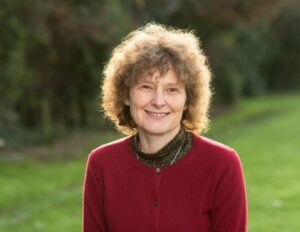
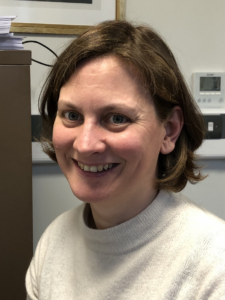
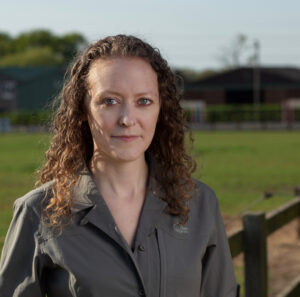

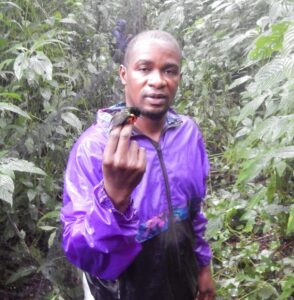
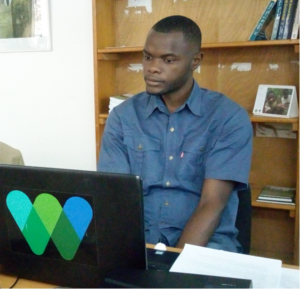

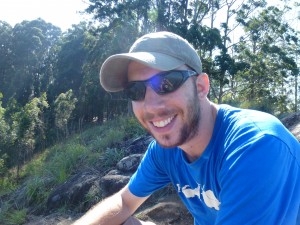

Funders
